Living off the grid offers numerous benefits, including self-sufficiency and reduced living costs. Living off the grid means living without the reliance on public utilities such as electricity, water, and sewage.
Many people are drawn to this lifestyle for various reasons, including the desire to reduce their environmental impact, live a simpler life, or gain more independence.
reasons to live off the grid may require some sacrifices, such as less of certain modern amenities, it can also offer many benefits, such as reduced living costs, greater self-sufficiency, and a closer connection to nature.
In this article, we will explore the benefits of living off the grid or you can say advantages of living off the grid and how you can get started on this unique lifestyle.
Energy Independence
Living off the grid can be a challenging yet rewarding experience. It offers a level of freedom that is hard to match.
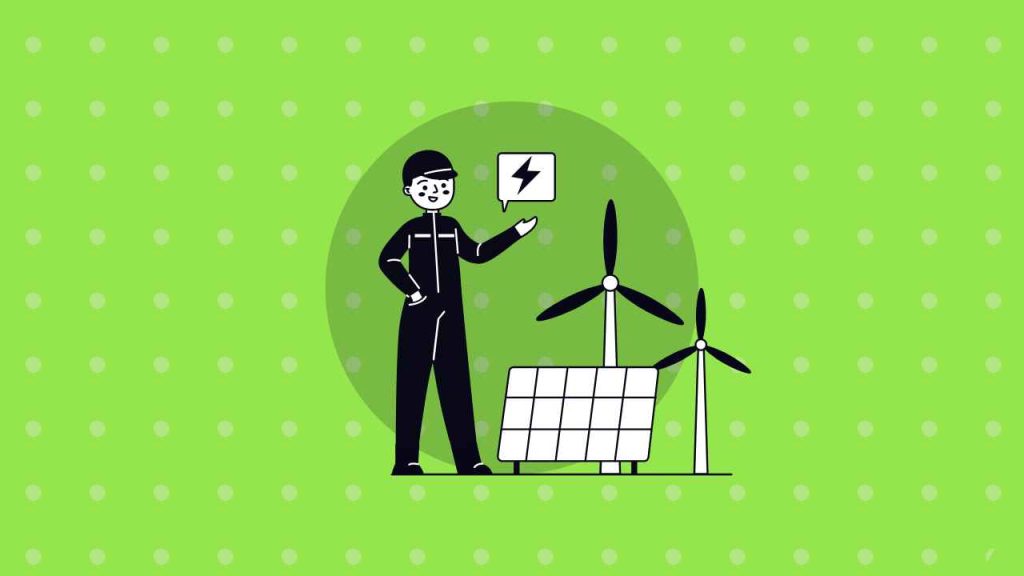
One of the most essential benefits of living off the grid is energy independence. In this section, we will discuss the various aspects of energy independence that make it so crucial.
Explanation Of Why Energy Independence Is Important
Energy independence is the ability to generate your power without relying on the grid or fuel from outside sources. It is an essential aspect of off-grid living. The reasons why energy independence is essential are as follows:
- Freedom: Living off the grid with energy independence provides the freedom to control your energy production, consumption, and usage. It’s a feeling that is hard to match, providing a sense of security and self-sufficiency.
- Protection from price hikes: Inhabitants of the grid are vulnerable to fluctuations in energy prices, but energy independence eliminates any vulnerability. Even if energy prices skyrocket, you won’t be affected because you are producing your energy.
- Reduction in pollution: Most of the electricity produced on the grid have a significant environmental impact. However, when you generate your own power using renewables, you become an eco-friendly citizen by reducing pollutants.
Solar Panel Systems And Wind Turbines
Solar panels and wind turbines are the most popular energy sources for off-grid living. Let’s look at what makes these two options an excellent choice for energy independence.
- Solar panel systems: They absorb energy from the sun and convert it into electricity, making them a sustainable and renewable source of energy. They can be an excellent source of energy because the sun is free, and the cost of solar components is continually decreasing. A solar panel system is an investment that pays for itself over time with long-lasting advantages.
- Wind turbines: They convert the kinetic energy of the wind into electrical energy using turbines. They are a sustainable and renewable source of energy, and the wind is always present, making it an ideal location-based source of energy. Wind turbines are also an excellent means of electricity generation in harsh weather conditions, which makes them practical for off-grid living.
Innovations In Renewable Energy For Off-Grid Living
Technology is always advancing, and there are innovations that make renewable energy even more practical for off-grid living.
- Micro hydroelectric systems: This is an option for off-grid living, especially if you have a flowing water source. You can use a micro hydroelectric system to generate electricity without harming the environment.
- Geothermal energy: It harnesses heat from the earth, and it’s an excellent source of renewable energy. Geothermal energy can provide the energy needed to power off-grid homes in locations where other options such as solar and wind turbines may not be viable.
- Power storage: It’s not always sunny or windy, which makes power storage a vital innovation for renewable energy. It allows homeowners to store excess energy generated during sunny or windy periods, making it available for use during lower power generation periods.
Energy independence is one of the top reasons why people choose to live off the grid. Solar panels, wind turbines, micro-hydroelectric systems, and geothermal energy are new technologies that have made it possible to live off the grid with ease and without any compromise.
By utilizing these innovations, you can stay off the grid and remain energy independent, providing you an unmatched degree of freedom.
Financial Freedom
Living off the grid means breaking away from mainstream living, relying on natural resources like sunlight and water. This lifestyle change isn’t just an act of independence; it opens up avenues for financial freedom. Here’s how:
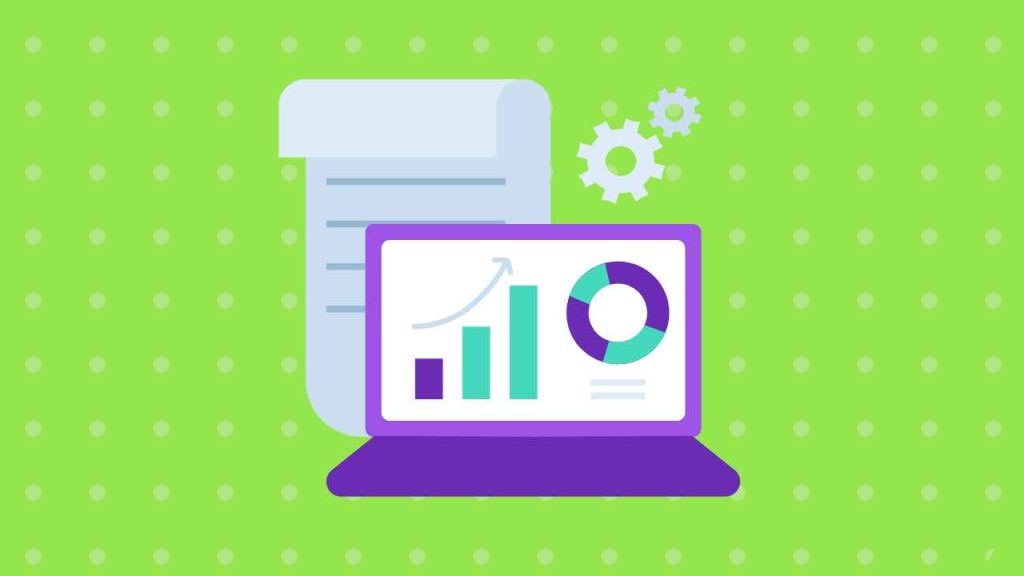
Explanation Of How Living Off The Grid Can Save Money
- Depending on your location, traditional power usage can be expensive. Living off the grid eliminates electricity bills. It’s a great way to save money in the long run.
- Minimalism goes a long way when living off the grid. Switching to a simple lifestyle eliminates the need to buy unnecessary things, resulting in less expenditure.
- With no electrical or gas bills, there’s an opportunity to put money into self-sustaining resources. Any investment in this area will be a wise decision financially.
Reduction Of Utility Bills And Property Taxes
- The cost of being connected to the grid is often higher than we know. Utility bills include maintenance fees, delivery fees, and service charges, among other things. Being disconnected from the grid avoids all these extra costs.
- Property taxes are calculated based on the value of electricity consumption. When living off the grid, this value is eliminated, and, as a result, property taxes are significantly reduced.
Creation Of New Revenue Streams Through Sustainable Living Practices
- Water resources can generate revenue when living off the grid. Collecting rainwater or melting snow saves on utility fees and provides a natural resource. You might get an offer to sell the excess water to a nearby farm or a neighbor.
- Gardening can also be another source of income. Growing your food can eliminate the need to buy groceries. Any excess produce can be sold to the local farmer’s market or to neighbors.
- Sustainable practices like generating wind or solar power can mean a significant return on investment in the long term. This is one of the best ways to generate revenue when living off the grid.
Reevaluating our living standards not only benefits us but the environment as well. Living off the grid provides a chance to achieve financial freedom, ultimately changing our lives forever.
Environmental Benefits
Living off the grid means relying on renewable energy sources, creating sustainable food and water systems, and living a lifestyle that is in harmony with nature.

This is not only beneficial for personal growth but also for the environment. We will discuss the environmental benefits of living off the grid and how they can change your life forever.
Explanation Of How Living Off The Grid Benefits The Environment
Living off the grid means disconnecting from the mainstream power supply and utilizing renewable energy sources, typically solar, wind, and hydroelectric power.
It also involves collecting water through rainwater harvesting and implementing sustainable food and water systems. This lifestyle choice is sustainable and eco-friendly and contributes to a greener earth.
Reduction Of Carbon Footprint
Living off the grid reduces carbon footprint, as it involves the use of renewable sources of energy that do not emit harmful greenhouse gases.
Unlike the traditional electricity grid, which relies heavily on fossil fuels such as coal and oil for energy production, living off the grid reduces reliance on these non-renewable sources that are harmful to the environment.
Sustainable Food Production And Organic Farming Practices
Living off the grid involves growing your food in a sustainable and eco-friendly way that does not harm the ecosystem. This often involves using organic farming practices such as companion planting and crop rotation. These methods enhance soil fertility while reducing soil degradation, erosion, and pollution.
The use of pesticides and fertilizers is also minimal, which ultimately results in healthier food and a safer environment.
Living off the grid offers a sustainable and eco-friendly lifestyle choice that is beneficial for individuals and the environment alike.
It reduces one’s carbon footprint, promotes the use of renewable energy sources, and encourages sustainable food and water systems.
It is a choice worth considering for a greener and more sustainable future.
Self-Sufficiency And Survival Skills
Living off the grid can be a life-changing experience that offers many benefits. In this section, we will be discussing self-sufficiency and survival skills and how they play a vital role in off-grid living.

By understanding the importance of self-sufficiency and gaining vital survival skills, you will be able to experience the true essence of living off the grid.
Explanation Of The Importance Of Self-Sufficiency
Self-sufficiency is the ability to take care of oneself without the help of external sources. When living off the grid, self-sufficiency is vital to being able to live a fulfilling life. In simple words, you are responsible for your own water, heat, electricity and food.
- Self-sufficiency offers freedom that cannot be found when living within a network of utilities and suppliers.
- It cultivates independence and creativity in finding solutions when there are problems
- It enables off-grid living to be sustainable for years to come, as people can rely less on external sources and more on themselves.
Examples Of Survival Skills Necessary For Off-Grid Living
Living off the grid means venturing into new territory where you have to rely mostly on nature, especially if you are living in a remote area. Gaining essential survival skills is necessary to survive in the wild, be physically and mentally prepared for any emergencies, and become more resourceful.
- Growing your food and preserving it is an excellent way to save money and ensure food is available year-round
- Collecting and purifying rainwater is necessary when living off the grid
- Using solar energy to power different appliances
- Constructing your house, furniture, fencing, and other essential items without relying on external sources
- Understanding the local flora and fauna, knowing what is safe to eat and identifying the poisonous ones
- Having navigation skills, such as map and compass usage.
Benefits Of Becoming Self-Sufficient
By becoming self-sufficient, you gain a sense of gratification and satisfaction like no other. Besides experiencing a sense of accomplishment by being able to take care of yourself, there are several other benefits:
- Self-sufficiency helps create a greater sense of meaning and purpose. As opposed to living a mundane life that does not challenge you, off-grid living pushes you to learn new things and develop important skills
- You will get to know your land better, identify the seasons and what to expect year-round
- Self-sufficiency allows for greater flexibility and creativity
- Through self-discovery, it can foster spiritual growth that may have never occurred in a different setting.
Building such a lifestyle is only possible if you are willing to learn, have the patience and preparedness, and embrace the challenges.
Remember, becoming self-sufficient and acquiring vital survival skills is not only about living off the grid; it is about embracing the independence that comes with off-grid living and enjoying the journey along the way.
Mental And Physical Health Benefits
Living off the grid has become an increasingly popular lifestyle choice, with many embracing the benefits it provides, particularly to mental and physical health.
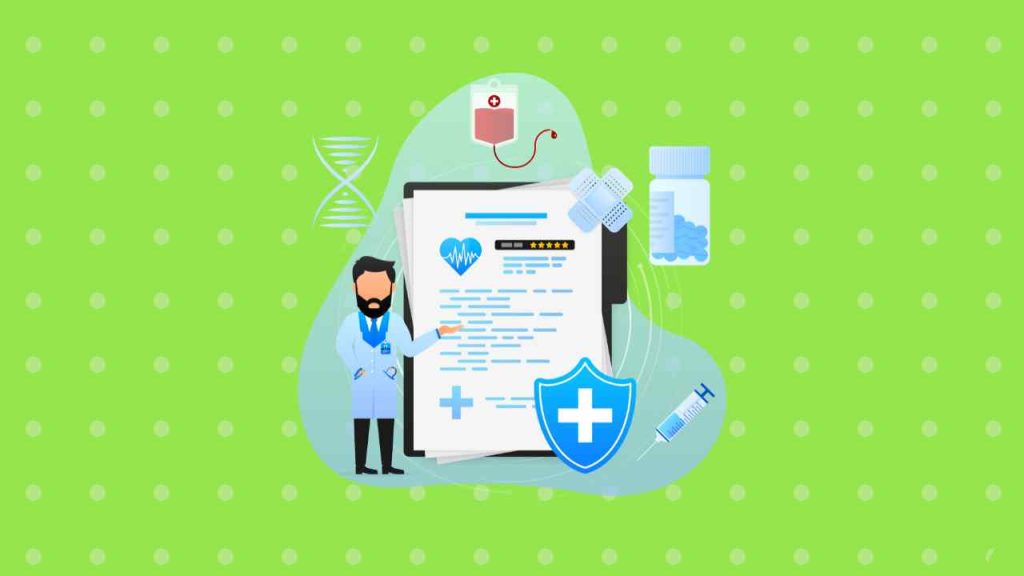
You will learn more about how living off the grid can change your life forever and the positive effects it can have on your overall well-being.
Explanation Of The Positive Effects Of Living Off The Grid On Mental And Physical Health
Living off the grid can be incredibly beneficial for your mental and physical health due to the following:
- Increase in exercise and outdoor activity: Those who live off the grid generally have more opportunities to engage in physical activity, such as hiking, gardening, and chopping wood for fuel, leading to a more active and healthy lifestyle. Spending time outdoors and in nature can also reduce symptoms of depression and anxiety, helping to improve your mental health.
- Decrease in stress and anxiety levels: The quiet and peaceful surroundings that come with living off the grid can have a significant impact on your stress and anxiety levels. Removing yourself from the hustle and bustle of the city, with its constant noise and crowds, can help to reduce stress and improve your overall well-being. Additionally, having the freedom to live at your own pace and focus on what truly matters to you can also lead to increased feelings of satisfaction and contentment.
Increases In Exercise And Outdoor Activity
Living off the grid often requires a more self-sufficient lifestyle, including growing your own food and sourcing your own fuel. These activities provide a great opportunity to engage in physical exercise, such as:
- Gardening: Gardening is a great way to stay active and spend time outdoors. It’s also an opportunity to grow your own food, leading to a more sustainable and independent way of living.
- Hiking: Living off the grid often means being surrounded by nature, providing plenty of opportunities for hiking and exploring the great outdoors.
- Chopping wood: Harvesting your own wood for heating and cooking can be physically demanding, providing a great workout for your arms, shoulders, and back.
Decrease In Stress And Anxiety Levels
The peace and quiet that comes with living off the grid can have a significant impact on your stress and anxiety levels. Some of the factors that contribute to this include:
- Time to reflect: Living off the grid allows you more time to focus on yourself and your mental well-being. Being away from the constant distractions of modern life means you can take the time to reflect on your thoughts and emotions, leading to a greater sense of clarity and calmness.
- Connection to nature: Being surrounded by nature is known to have a calming effect on the mind and body, making it easier to manage stress and anxiety levels. Living off the grid provides ample opportunity to connect with nature and the environment around you, providing an escape from the stresses of everyday life.
Living off the grid may not be for everyone, but the potential mental and physical health benefits are significant. From increased exercise and outdoor activity to a decrease in stress and anxiety levels, it’s clear that there are many advantages to embracing a self-sufficient lifestyle and reconnecting with nature.
Frequently Asked Questions On Benefits Of Living Off The Grid
What Does It Mean To Live Off The Grid?
Living off the grid means relying on renewable energy and self-sufficient systems to live without connection to the electricity grid, water supply, and other public utilities.
What Are The Advantages Of Living Off The Grid?
Living off the grid can help reduce your carbon footprint by relying on sustainable energy sources, save on utility bills, and increase self-reliance and independence.
Is Living Off The Grid Expensive?
Living off the grid can have high initial setup costs, but it can save money in the long term by reducing reliance on utility companies and providing greater self-sufficiency.
What Are The Disadvantages Of Living Off The Grid?
Living off the grid can require more physical labor and maintenance, may limit access to certain conveniences, and can be challenging to find suitable land and resources.
How Do You Get Started Living Off The Grid?
Getting started living off the grid involves researching and investing in sustainable energy sources, self-sufficient systems for water and waste management, and finding suitable land to build a self-sustaining home. reasons to live off the grid can be a great decision for your life.
Conclusion
Living off the grid has numerous benefits. By relying less on modern conveniences, you are helping to reduce your carbon footprint and preserve the environment. Plus, by generating your own power and growing your own food, you are becoming more self-sufficient and less dependent on external sources.
This can lead to a sense of freedom and independence that is hard to replicate in modern urban life.
Additionally, living off the grid can also lead to a simpler, less stressful lifestyle with fewer distractions. While it may not be for everyone, those who choose to live off the grid often report feeling happier, healthier and more connected to nature.
With increasing interest and availability in alternative lifestyles, now is a great time to explore the benefits of living off the grid and see if it is a good fit for you and your family.

“My name is Leo Jacob, and I hold a Bachelor of Science degree with Honors in Applied Environmental Science and Sustainability from the University of the West of Scotland. Since childhood, I’ve been passionate about living an eco-friendly life. After completing my studies, I dedicated myself to finding simple ways to lead a more environmentally conscious lifestyle. I launched ecolifely.com to share my educational background and practical experiences with everyone, hoping to inspire others to join me in creating a greener, more sustainable world.”

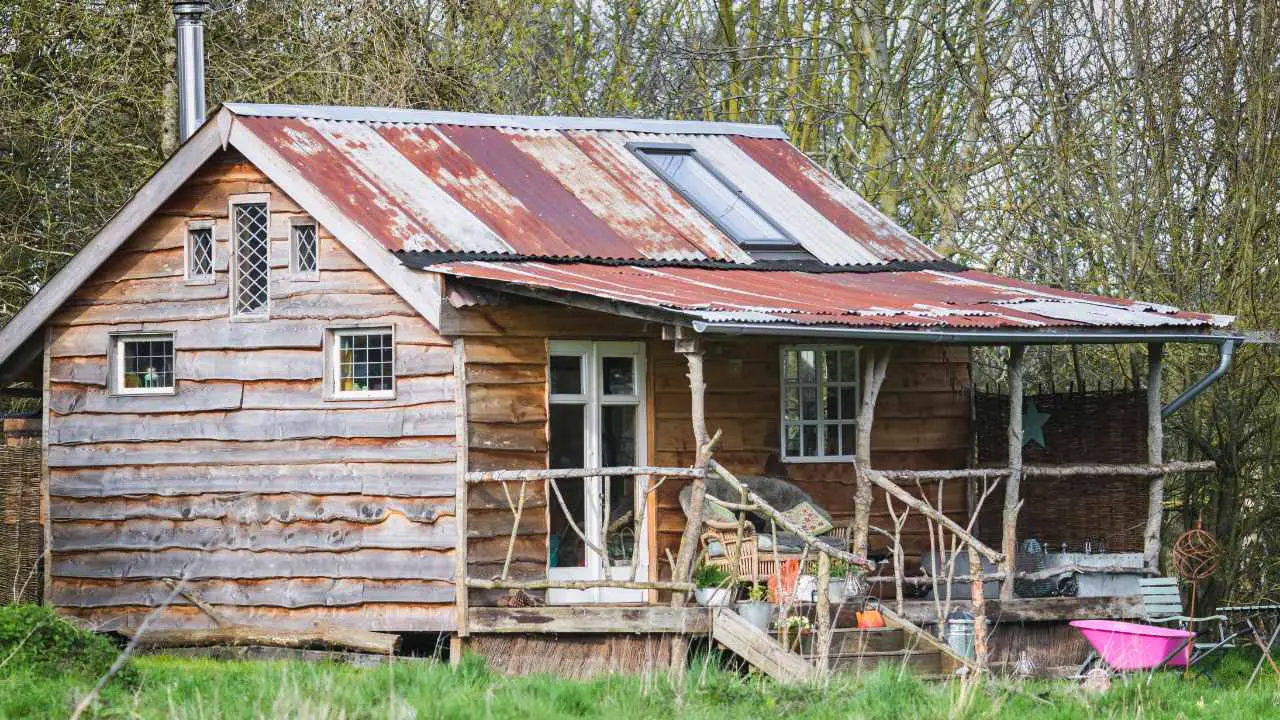
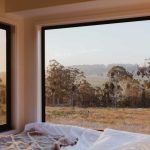






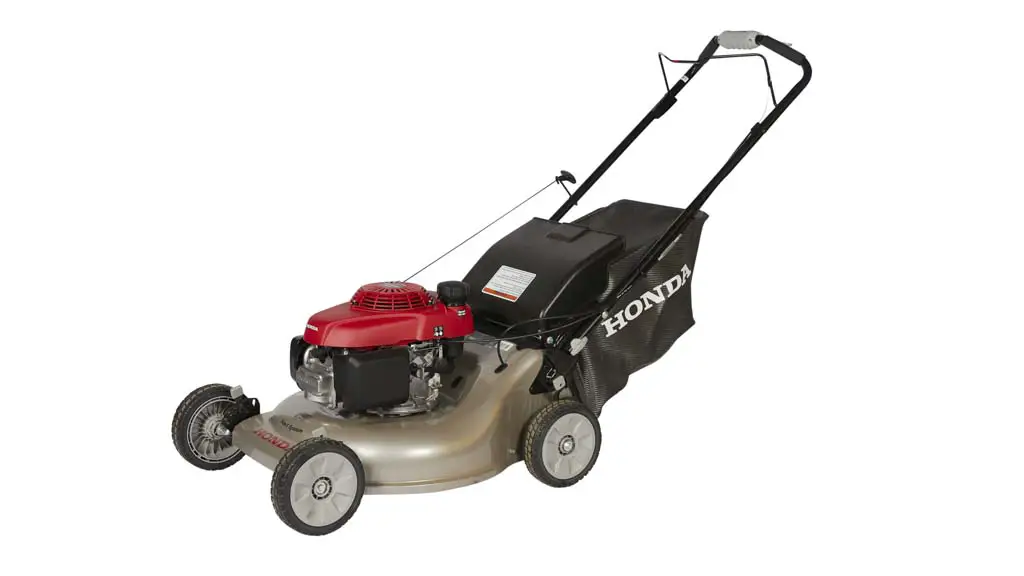


Leave a Reply